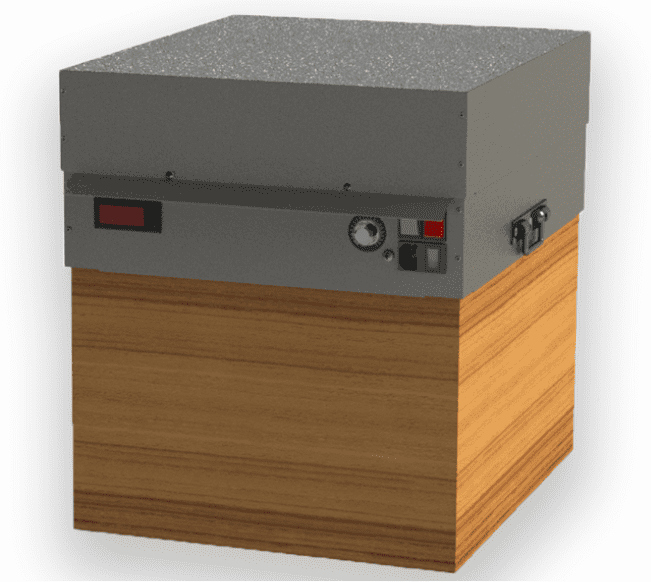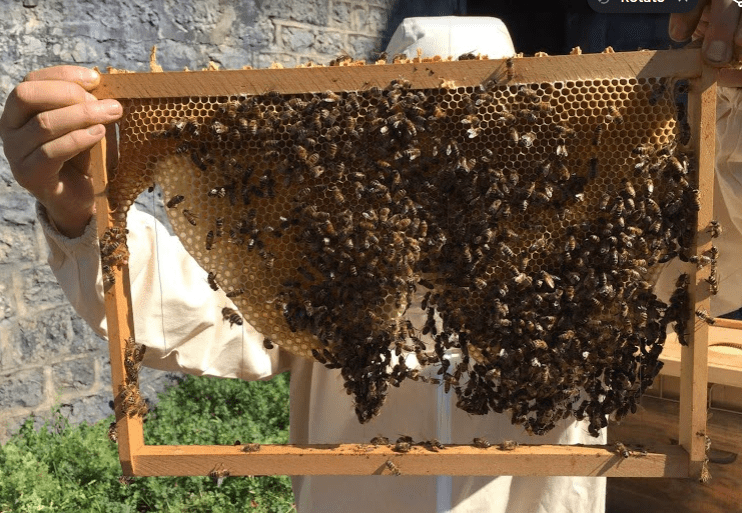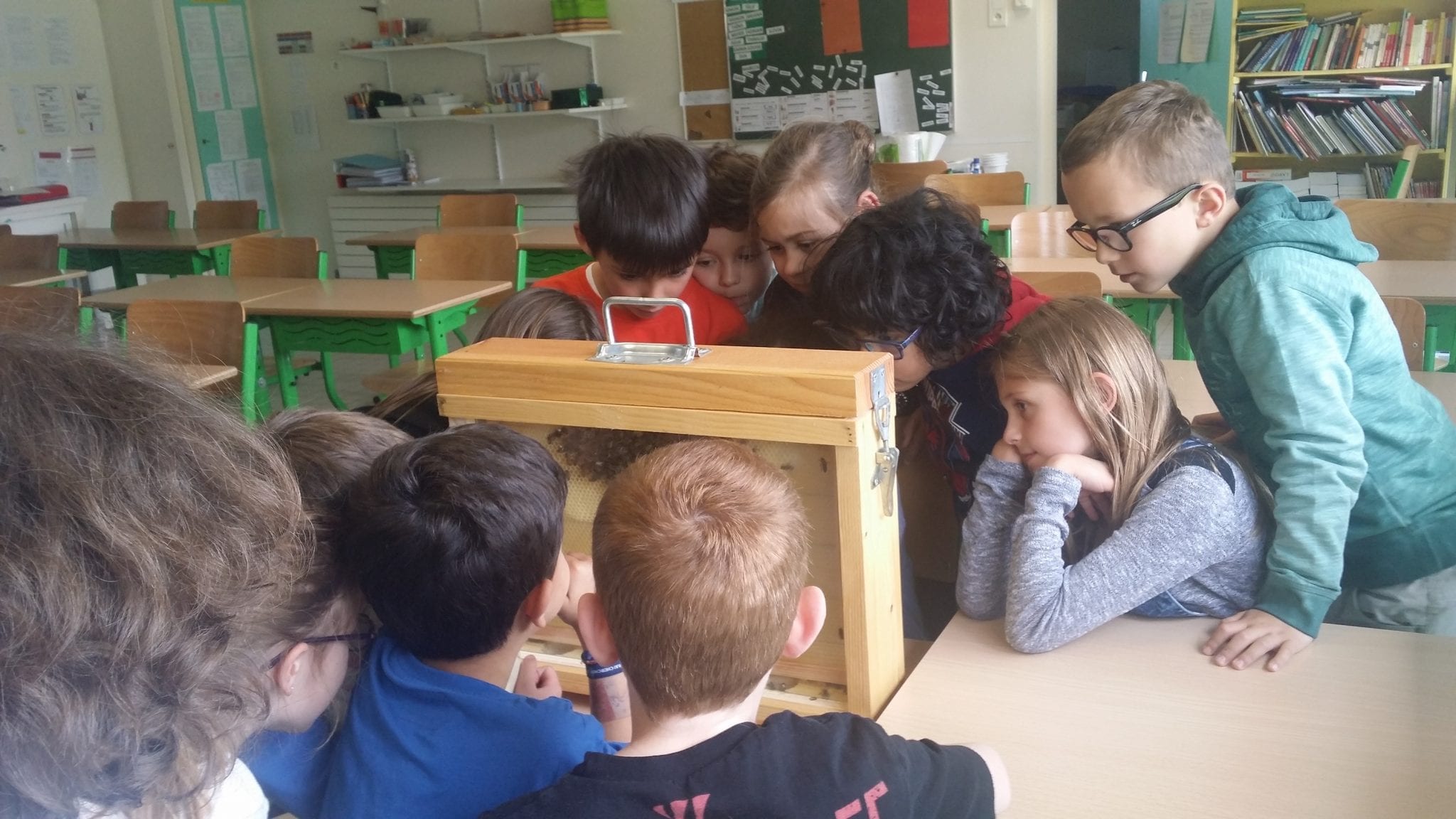proApia Biotech
Biotechnological Device Helping Bees Fight Parasites and Contaminants

Proapia Biotech is a biotechnological device that helps honey bees fight parasites naturally and decontaminates beekeeping equipment of chemical residues and pathogens. Rosa María is a Mexican veterinarian, researcher, and beekeeper living in the south of France. Her mission is to search for alternatives to chemical treatments beekeepers usually use to remove parasites and contaminants in hives.
Quick facts
- Honey bees and other pollinators support the production of 87% of leading food crops worldwide.
- The recent 30% average decline in managed colonies of western honey bees (Apis mellifera) is a multifactorial problem believed to be caused principally by the ectoparasite mite Varroa and its vectored viruses among a multitude of other stressors.
- Pesticides in the environment, particularly acaricides added directly into the hive, can accumulate in bee products, especially beeswax, and may affect bees’ capacity to fight disease.
- Residue carry-over from contaminated beeswax into stored honey can present health risks to consumers. Consumers can be exposed to residues when contaminated beeswax is used as a food additive, as a pharmaceutical or a cosmetic ingredient.
- Preliminary research has demonstrated the efficacy of heat on reducing Varroa populations and of ozone as a potential disinfectant and pesticide decontaminant of beekeeping equipment.
Source: Bee World Journal, FAO
Rosa María is using two economical, eco-responsible emerging alternatives to conventional chemotherapy used to treat honey bees and equipment:
- Hyperthermia: Hyperthermia as a method to fight Varroa has been documented since the 1970s. It is based on the fact that mites are more sensitive to high temperature than bees. Temperatures from 40–47°C for different lengths of time lower Varroa populations without affecting the bee population. Honey bees use heat to fight infestation of parasites and infections naturally, just like how mammals develop fevers. Hyperthermia is therefore a wonderful example of biomimetics.
- Ozone: Given the powerful oxidizing capacity of gaseous ozone, and the fact that it can easily diffuse and spread throughout many surface types (unlike aqueous disinfectants, which are restricted to the surfaces to which they are applied), it is being used with increasing frequency as a disinfectant and decontaminant in the food industry and in medicine. Ozone is often more effective than other disinfectants while not leaving any harmful residues. After being generated, ozone completely reduces to O2 again, therefore not posing a risk to the environment. Gaseous ozone is capable of reaching surfaces such as the wax comb cells and has been tested as a hive decontaminant in the laboratory.
Today, Propia Biotech is the only proposed multi-functional device that combines two natural technologies in beekeeping. This approach:
- Improves bees’ health and helps them do their main work of pollination
- Helps humans by ensuring the production of toxic-free honey bee products (honey, royal jelly, pollen, propolis, etc.)
- Protects the environment by not leaking any chemical residues of hie treatment into nature, avoiding ecotoxicity
Rosa María also teaches at schools about the importance of honey bees. The future of the new generations depend greatly on the use of environmentally friendly alternatives.
The $2,000 Stardust grant is funding Rosa María’s website and video creation for an upcoming crowdfunding effort to fund the manufacturing of a series of the much demanded device.

“Getting a grant from Stardust is much more than funding support; it adds a huge amount of confidence that eco-responsible projects are the way to go!”
– Rosa María Licón Luna




